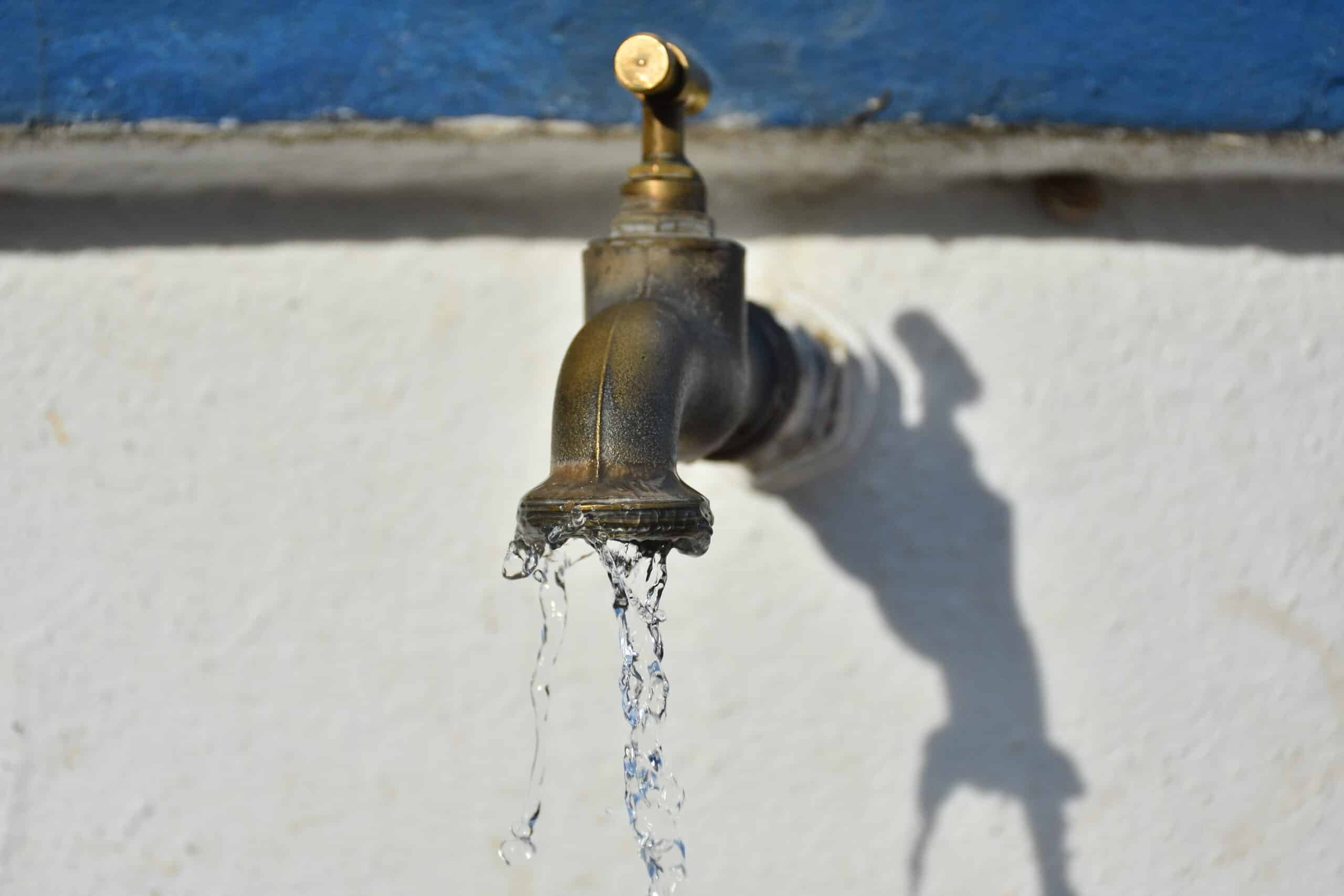Water restrictions have been eased in the Algarve
Portugal’s minister for the environment and energy guaranteed on Wednesday that the Algarve will have enough water for a year even if it doesn’t rain, even with the easing of the region’s water consumption restrictions.
Her statements were made to Lusa news agency on the sidelines of the Concordia European Summit, which brought together decision-makers in Porto to discuss energy transition, economic growth and competitiveness, as well as issues related to cooperation, peace and security.
“Yes, it is (possible to guarantee that the Algarve will have water). We’ve done the maths. The accounts are very firmly based on the assumption that any relief must guarantee that there will be water for consumption for a year, even if it doesn’t rain at all. But this is a dynamic assessment and, every two months, we’ll look at the measures and if we need to tighten here and there, we’ll do that too,” said Maria da Graça Carvalho.
Last week, the government announced the easing of restrictions imposed on water consumption in the Algarve’s agriculture and urban sectors, including tourism, to cope with the drought in the Algarve region.
“The government has decided to revoke resolution 26A of 2024, of 20 February, and in the coming weeks another resolution will be approved and published that aims to continue a policy of responsibility, but still ease the restrictions that are in force today in view of the 2023 situation,” said the prime minister, after a meeting of the drought monitoring committee in Faro.
Maria da Graça Carvalho told Lusa that the new resolution will go to the Cabinet on the week of June 10, with the previous one, approved by António Costa’s government in February, being revoked when the new one comes into force.
The minister for the environment and energy emphasised that the new resolution “doesn’t just have relief measures”.
“There’s a part about accelerating existing investments, especially the PRR (Recovery and Resilience Plan), which is way behind schedule. Only 5% is executed. Most of it is the responsibility of Águas do Algarve and some of it is the responsibility of the local councils,” she said.
Asked if she feared a loss of funding and opportunities, Maria da Graça Carvalho said that the Ministry would “follow up on the projects and do everything to get them moving quickly” because, she added, “Portugal urgently needs to implement the PRR projects”.
“In the Algarve, just the projects that have already been allocated investment will produce an extra 76 cubic hectometres of water, which is the equivalent of the Algarve’s urban consumption for a year,” she said.
In response to criticism from Algarve mayors who pointed out that they had not been heard about the amendment to the resolution, Maria da Graça Carvalho conceded that the decision-making process might be changed.
“The mayors are heard. There are technical consultation meetings and all sectors of the region are heard (…). Then there’s an inter-ministerial meeting for decisions and not for consultation. That’s how it’s defined. But we’re thinking of revising it to give it a clearer format. So far we’ve followed what is stipulated, but we realise that we can optimise the format,” she said.
At issue is the format of the so-called Drought Commission, which was established in a resolution dating back to 2017.
Finally, still about water and drought, Maria da Graça Carvalho took the opportunity to praise the awareness campaigns that various organisations linked to tourism in the region are running.
‘Those who live in the Algarve are already aware that they have to save water. Those who visit us must also be aware of this,’ she concluded.
Hotels vow easing of restrictions will not alter efforts to save water
Hotel associations in the Algarve have vowed that the easing of water consumption restrictions in the region will “not alter” their efforts to save water.
Speaking to Lusa news agency, the president of the Association of Hotels and Tourist Developments in the Algarve (AHETA), Hélder Martins, said that hoteliers “will continue to work to reduce consumption”:
“We’re going to continue our work, because we realise that if this year there’s this bonus, next year we could be in trouble again,” noted the president of AHETA, the largest association in the sector in the region.
For Hélder Martins, the relief will have no effect on the performance of tourism in the region, not least because, he says, “the sector is surpassing” what was the previous target of 15%.
“Everything we’ve been doing, and will continue to do, with the reduction of lawns, the focus on native species that need less water, will certainly help us reach a 20%, 25% reduction,” he concluded.
Sharing the same opinion is Daniel do Adro, president of the Association of Hotel Industry and Similar Activities in the Algarve (AHISA).
“Obviously it gives (hoteliers) more time to adapt, but it doesn’t change the measures that we advocated for this pact and the commitment to the destination, nor is there any forecast of a review of these measures as a result of this relief,” he emphasised.
For Daniel do Adro, the reduction from 15% to 10%, “allows a little more leeway to work, knowing that there isn’t such strong pressure, but the course of the work carried out to save water will be maintained”.
Source: LUSA


























